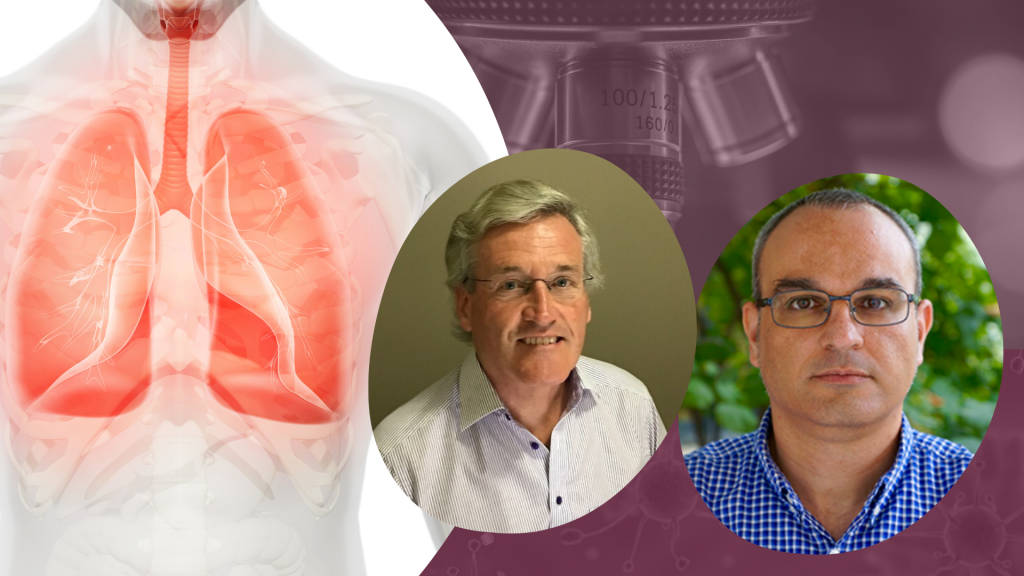Two Curtin Health Innovation Research Institute (CHIRI) researchers are part of a high-performing, multi-disciplinary research team working together over the next five years to identify potential new preventions for lung disease.
CHIRI’s Professor Fergal O’Gara is a Chief Investigator and Dr Jose Caparros-Martin an Associate Investigator on the project, which will receive a $5 million Synergy Grant from the Australian Government’s National Health and Medical Research Council (NHMRC) over five years.
The team is among the first cohort of Synergy Grant recipients provided with funds to team up and answer major questions that cannot be answered by a single investigator.
Coordinated by Professor Stephen Stick from Telethon Kids Institute (TKI), the team also includes Professor Sarath Ranganathan (Murdoch Children’s Research Institute), Professor Richard Boucher (University of North Carolina at Chapel Hill, USA), Associate Professor Rabindra Tirouvanziam (Emory University); Professor Elaine Holmes (Australian National Phenome Centre) and Dr Yuliya Karpievitch (TKI).
The integrated team will study patients with the genetic disorder cystic fibrosis to gain insights into the key events involved in the lung disease pathway before symptoms are evident.
“Research has shown communication between the gut and the lungs, referred to as the gut-lung axis, to be important in the cause and progression of many chronic respiratory disorders. However, it is not clear how this communication occurs and which pathways, metabolites or genes are involved,” Fergal said.
“The Synergy Grant will give our team an opportunity to characterise this pathway – information we can hopefully translate into biomarkers for predicting the prognosis of lung damage and disease, as well as new pathways that could be targeted with therapies for their prevention.”
Factors involved in the initiation of the intensified inflammatory response and predisposition to recurrent infections typical in chronic respiratory disorders will be of particular interest to the team, as both of these events result in the development of irreversible lung damage over the time.
Since both inflammation and infection are central in other chronic lung disorders, the results will be translatable to those that affect the elderly, such as asthma or chronic obstructive pulmonary disease, which is the focus of CHIRI’s research.
“Each of the project’s collaborators have made outstanding advances in their fields of research,” Jose said.
“Our hope is that by bringing our diverse skills together, we will be able to advance treatments and preventions for lung diseases affecting people at all stages of their lives.”
Fergal and Jose are part of a CHIRI-based research collaboration that has successfully characterised a new pathway involved in the gut-lung communication axis in cystic fibrosis and chronic obstructive pulmonary disease.
Ten teams were awarded funding in the inaugural Synergy Grants round, with Fergal and Jose part of the only WA team to receive funding.
